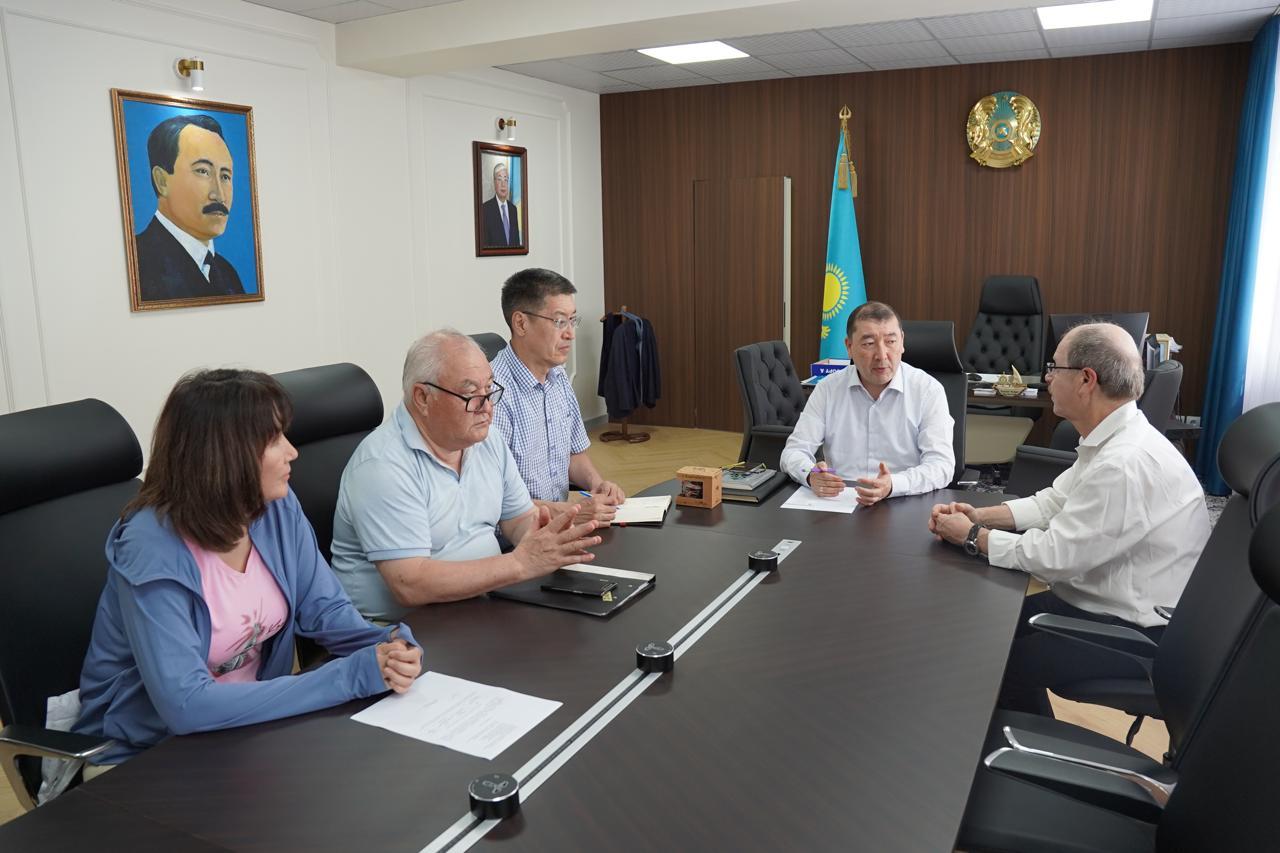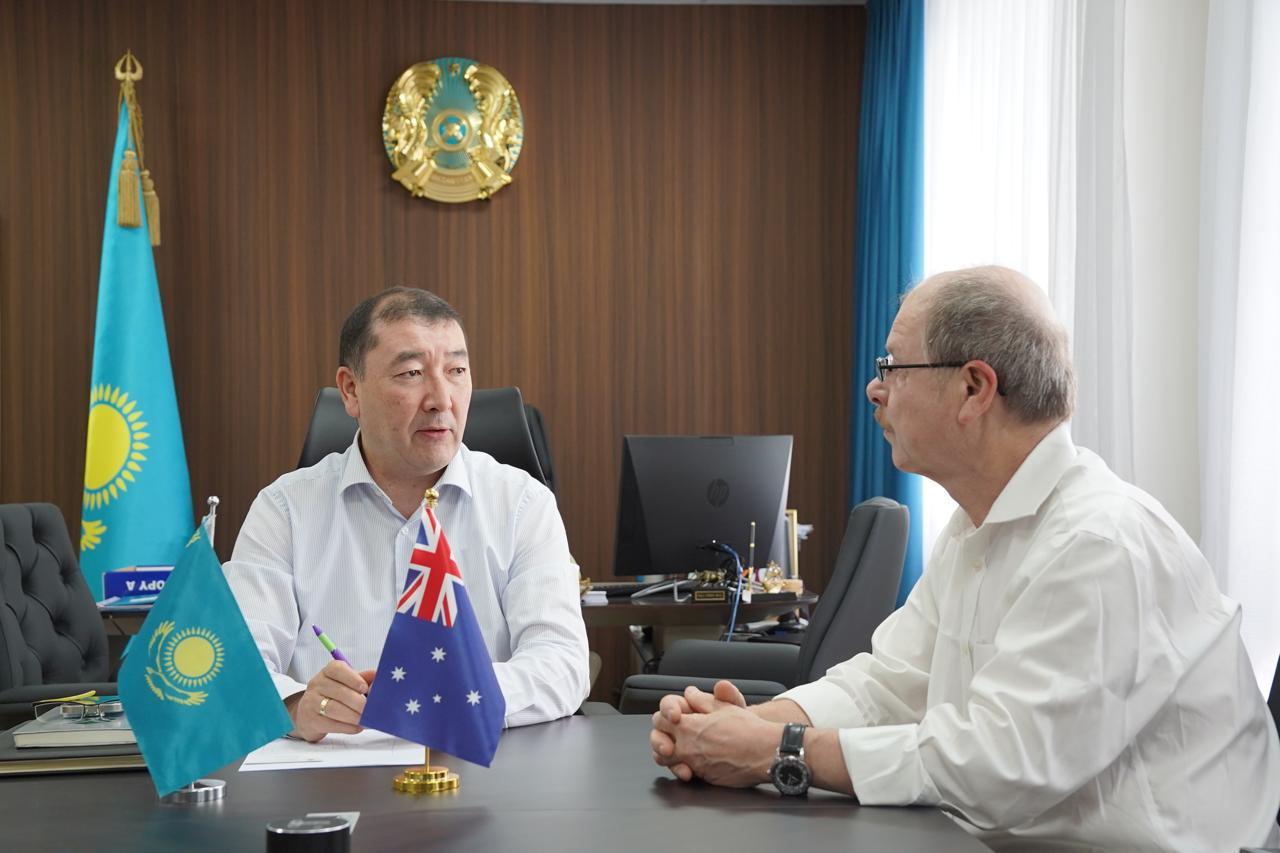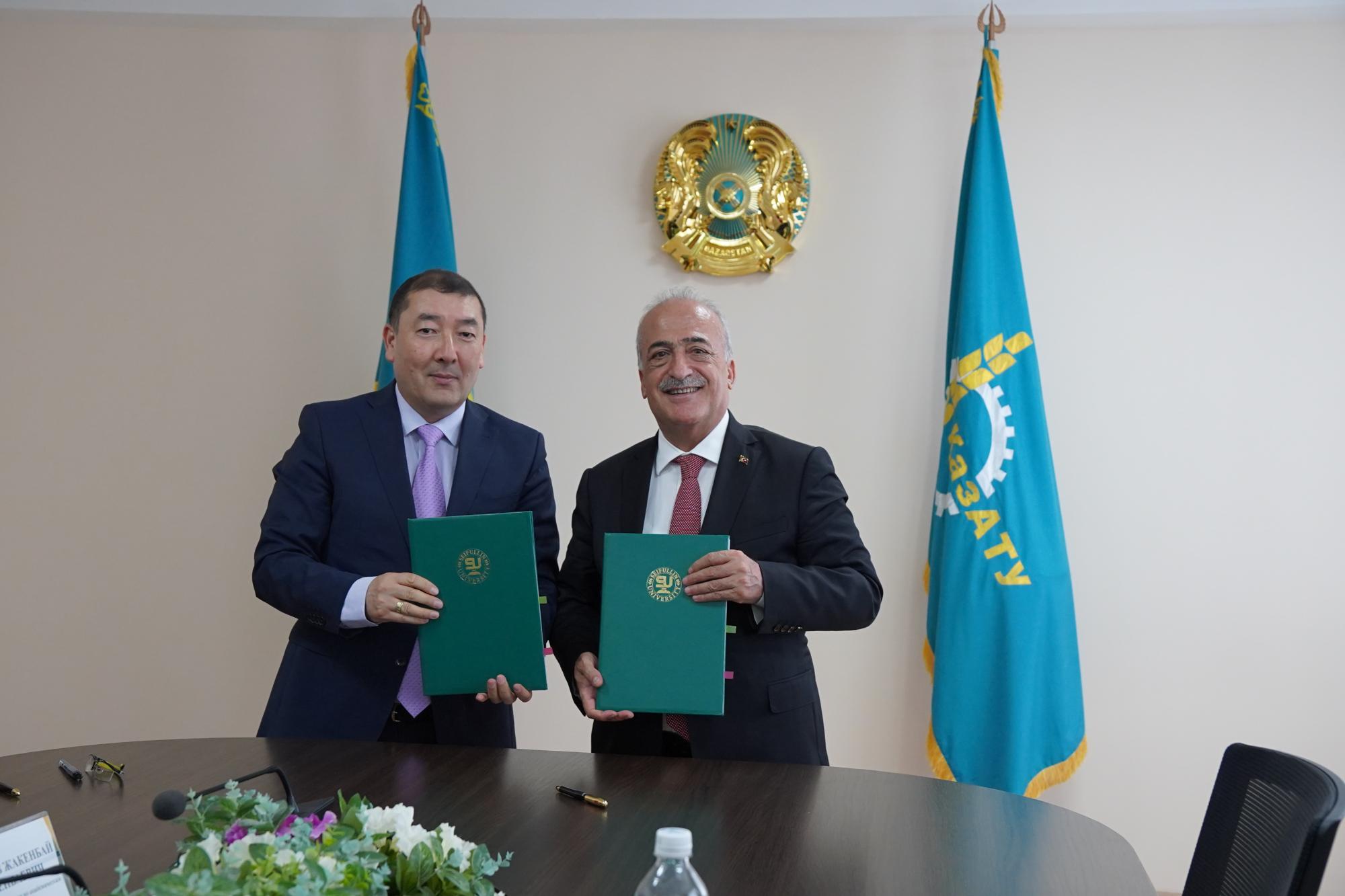

Просмотров: 794
Saken Seifullin Kazakh Agrotechnical Research University has long-standing and strong research ties with Flinders University, Adelaide, Australia.
The history of relations with our most important Australian partner began almost 10 years ago, when the first research of the targeted funding program was implemented with the support of the Ministry of Education and Science of the Republic of Kazakhstan. When implementing this program, KATRU employees studied and began to apply modern foreign technologies of molecular biology and genetics in crop breeding.
After the first program 2015–2017 the second targeted funding program 2018-2020 has started, and both were successfully completed.
The important results obtained from two funding programs laid the foundation and were implemented in the signing of a Memorandum of Understanding between KATRU and Australian University in 2015, followed by an extension in 2021. These memorandums made it possible to expand research and educational ties on a long-term basis.
Recently, an employee of Flinders University, Prof. Yuri Shavrukov, who stood at the origins of the collaboration, has arrived at KATRU and currently continues joint research between KATRU and FU. The professor expressed his vision for the development of the partnership at a meeting with the Chairman of the Board - Rector Kanat Tireuov.
Long-term research cooperation between our universities is still ongoing and is aimed at the development and application of modern methods of genetics, genotyping and the study of important genes in crops such as chickpeas and lentils, wheat and barley.
KATRU does not lose its intentions to become a leading higher education institution, so continuing and strengthening ties with foreign scientists is especially important, and Flinders University occupies a leading place among them. We are confident that working with our Australian scientific partners, such as Prof. Shavrukov, in particular, can serve as an example of fruitful cooperation in the field of modern technologies of genetics and genomics in practical plant breeding and will bring our university to a new level of international research cooperation.
Почетный профессор Казахского национального аграрного университета. Карьера. 1979 г. — Кайрат Айтуганов начал работать оператором цеха перевозки Кокчетавского почтамта. 1984-1985 гг. — ассистент кафедры почвоведения Целиноградского сельхозинститута. 1987-1989 гг. — агроном, старший агроном, главный экономист совхоза Карабулакский Зерендинского р-йона Кокчетавской обл.


